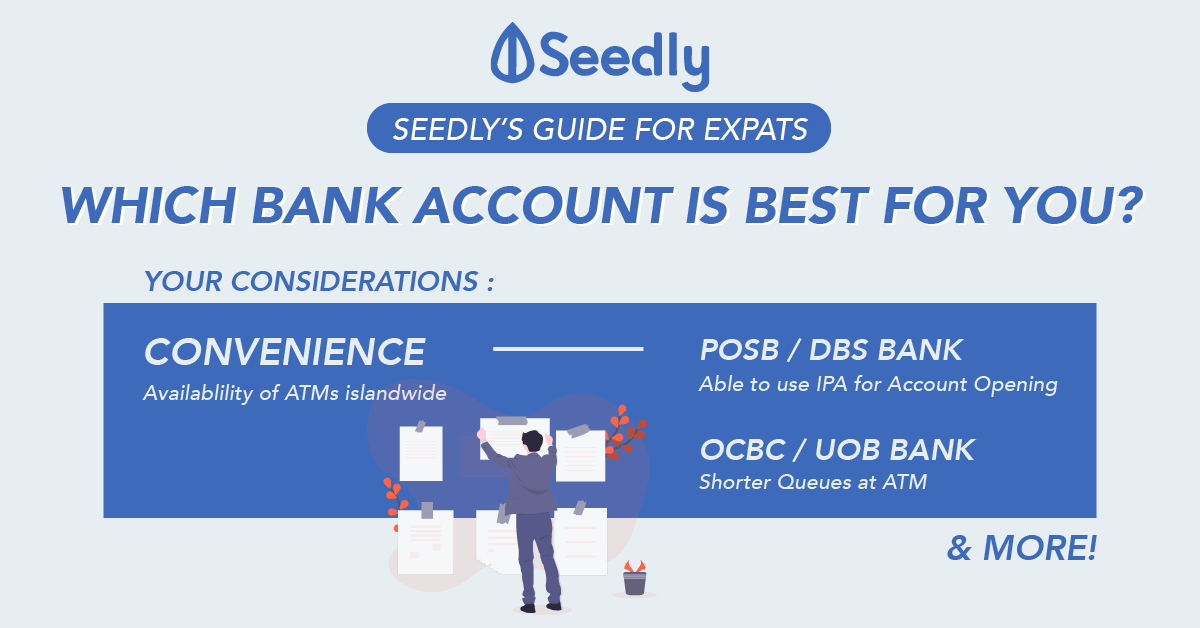Advertisement
Singapore economy is already showing signs of decline. In the event of downturn, crisis, SME will be hit the hardest first. Do P2P lending companies have any way to mitigate the risk of defaults during these times?
Singapore economy is already showing signs of decline. In the event of downturn, crisis, SME will be hit the hardest first. Any way to mitigate the risk of defaults during those time?
1
Discussion (1)
What are your thoughts?
Learn how to style your text
Terri Tan
30 Jun 2019
Development Marketing at Coassets
Reply
Save
Write your thoughts
Related Articles
Related Posts
Related Products
Funding Societies
4.1
565 Reviews
18% on interest earned
INVESTOR FEES
$20 per campaign ($100 initial deposit)
MINIMUM INVESTMENT
1.26%
DEFAULT RATE (2020)

Minterest P2P Lending
4.5
62 Reviews

BRDGE P2P Lending
4.1
251 Reviews
Related Posts
Advertisement











Hi there,
During a market slow down, there are several ways that P2P lending companies can better mitigate default risks.
Firstly, be selective on the type of deals that get on the platform. Getty Goh mentioned in the SeedlyTV episode that even in a lousy market, there continue to be sectors and companies that do well.
For example, F&B, healthcare and some segment of the entertainment industry. These sectors continue to do well, regardless of market conditions as they serve our basic needs. Hence, posting deals from these “counter cycle” sectors is a way for P2P platforms to manage risks.
Secondly, to secure the loan with assets/collateral. In instances where we consider hard assets, we can mitigate risks by lowering the loan-to-value ratio. However, considering that companies seeking alternative financing may not always have hard collateral, security may come in other forms such as shares or accounts receivables.
Interestingly, as a downturn happens, and some banks decrease their loan exposure, borrowers that used to be considered prime by the banks may be turned away. In these instances, there is fundamentally no change in these borrowers’ creditworthiness and is simply a result of the banks trimming their loan book.
Hence, that allows P2P platforms users to lend to this group of quality companies, that they otherwise would be unable to during a good economy.
I hope this helps 😁.